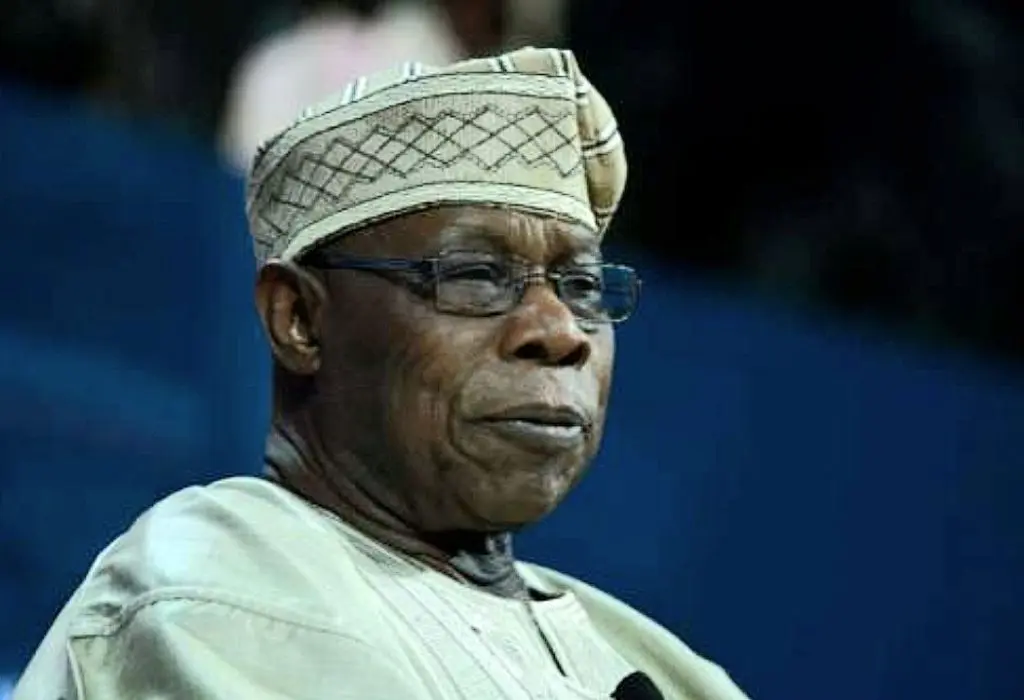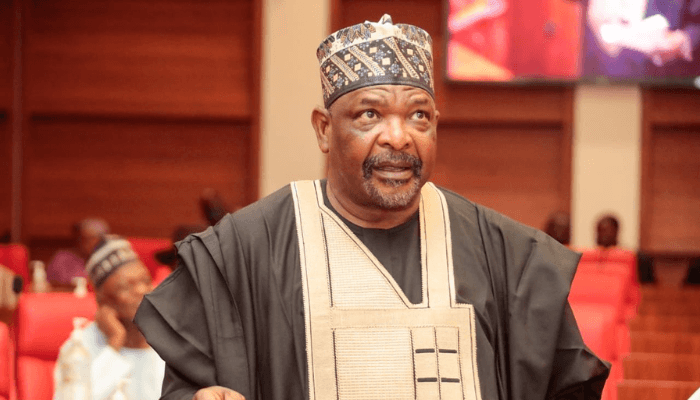The Chairman of the Federal Inland Revenue Service (FIRS), Dr. Zacch Adedeji, has called for a more equitable distribution of Value Added Tax (VAT) proceeds, highlighting disparities in the current system.
Speaking during a House of Representatives session on proposed tax reform bills, Adedeji criticised the existing allocation structure, which disproportionately benefits a few states like Lagos, Rivers, and Oyo.
Adedeji revealed that Lagos alone receives 42% of VAT proceeds, followed by Rivers with 16% and Oyo with 5.2%, leaving the remaining 35 states and the Federal Capital Territory (FCT) to share significantly less.
He argued that this is unjust, as the majority of Nigerians consuming the products and services generating VAT revenue are spread across the country.
Using MTN as an example, Adedeji pointed out that although the telecom giant operates nationwide, Lagos benefits most from its VAT contributions due to its headquarters location.
He assured lawmakers that the proposed tax reforms aim to address these inequities by redistributing VAT based on actual consumption, ensuring fairer allocations for all states.
The proposed reforms have sparked diverse reactions among lawmakers. Babajimi Benson (APC, Lagos) and Adamu Yusuf Gagdi (APC, Plateau) raised concerns about the potential impact on their states. Benson questioned whether simulations had been conducted for states with lower VAT collections, while Gagdi expressed worries about how displaced citizens in conflict-affected northern states would benefit under a consumption-based model.
In response, Taiwo Oyedele, Chairman of the Presidential Committee on Fiscal Policy and Tax Reforms, reassured stakeholders that the reforms are designed to benefit all states equitably.
He criticised the current “headquarters effect,” which skews VAT allocations, and clarified that no state would receive less revenue under the proposed system than they currently do.
The debate extends beyond redistribution to include a proposed VAT rate increase.
The reform plan suggests raising VAT incrementally from 7.5% to 15% by 2030, aligning Nigeria’s rates with other African nations.
However, Oyedele cautioned against states independently collecting VAT, warning it could create economic chaos and reduce overall revenues.
Speaker Abbas Tajudeen emphasised that the House of Representatives has not yet taken a position on the bills.
The interactive session aimed to foster understanding and consensus on the proposed reforms, which include a derivation-based VAT sharing model and a streamlined tax administration framework.


 5 days ago
1
5 days ago
1















 English (US) ·
English (US) ·